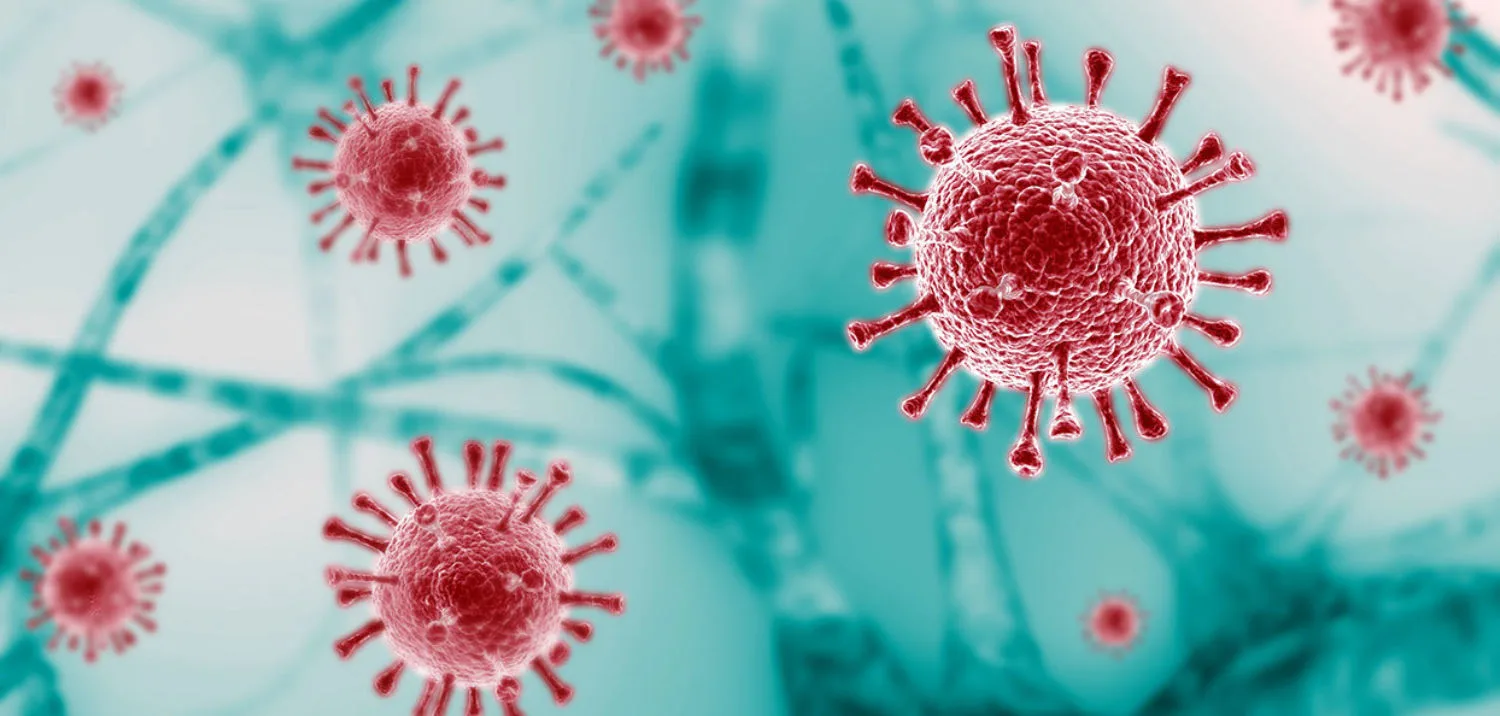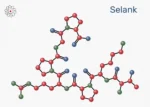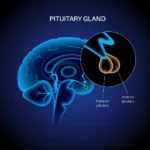Antigen, Antibody, and Lymphocytic White Blood Cell Recruitment
Researchers suggest that Thymosin Alpha-1 may not over-stimulate cytokine production, setting it apart from other similar agents like interleukin-2 and interferon-alpha. In the context of cancer and immunodeficiency research models, the peptide has undergone scientific experimentation, with findings suggesting potential enhancement of immune system responsiveness. The peptide may augment the functioning of specific lymphocytes, including the maturation of T cells, T cell-mediated cytotoxicity, and the production of antibiotics and lymphoproliferative responses to mitogens.
The functions may extend to an increase in the activity of Natural Killer Cells, an elevation in cytotoxic T cell levels, and the expression of Th1 type cytokines. It is proposed that Thymosin Alpha-1 peptide might impact the differentiation pathway of T cells, influencing the maturation of thymocytes in the thymus and the diversion of helper CD4+ cells and CD8 cytotoxic suppressor cell sublineages. These are then considered to further differentiate in peripheral lymphoid tissues.
Thymosin Alpha-1 and Immunomodulatory Action
Experiments conducted on thymocytes and mouse cells suggest that Thymosin Alpha-1 may reduce apoptosis of immune cells and increase stem cell expansion in immunosuppressed mice. Research observations indicate an increase in thymopoetic cytokines IL-15, IL-7, and IFN-alpha in response to Thymosin Alpha-1.
The effectiveness of Thymosin Alpha-1 may potentially be linked to different immunological effects where an enhanced or stimulated immune response is needed. In situations like cancers and bacterial, fungal, and viral infections, and in instances of immunocompromised and vaccinated cases, it is suggested to play a role. Researchers suggest that the killing of tumors and virus-infected cells may be facilitated by the coordinated action of CD8 cytotoxic Tc1 cells, CD4 helper Th1 cells, and NK cells. Activated Dendritic Cells may enhance antigen presentation, potentially increasing antibody production, a particularly crucial effect in immunocompromised models to respond effectively to vaccination.
Molecules with the potential to stimulate immune responses, known as antigens, are considered to generate specific responses from B cells in the immune system, producing antibodies or immunoglobulins in response to antigen exposure.
Thymosin Alpha-1’s immunomodulatory potential, researchers indicate, may include promoting Treg cells and inducing IDO1 to ameliorate intestinal inflammation and respiratory allergy. This hypothesis aligns with the maintenance of diplomatic relations between microbial communities and mammals.
Thymosin Alpha-1 might enhance immunosurveillance by boosting the production of MHCs and possibly disable virus immune system cloaking techniques. It is suggested to increase the visibility of viral antigens to the immune system, potentially reducing viral replication and aiding in immune surveillance.
Tumors and ACE Enzymes
Research experiments suggest that Thymosin Alpha-1 increases protein expression on the surface of tumor cells or virally infected cells. It is proposed that this might involve the expression of antigens such as beta two microglobulins, MHC Class 1, and MHC Class 2, as well as antigens specific to tumors. Researchers posit that the peptide partially restores mucociliary clearance and enhances the normal ciliary beating dynamics.
Data indicates that Thymosin Alpha-1 may exhibit inhibitory impacts on angiotensin-converting enzyme (ACE), and it is speculated to interact with ACE domains through hydrogen, hydrophobic, and electrostatic forces. Speculation extends to an improved outcome in viral pneumonia patients who continue the use of ACEi during viral pneumonia.
Thymosin Alpha-1 and Tissue Repair, Cell Migration
Thymosin Alpha-1 is also suggested to stimulate endothelial cell migration, angiogenesis, and wound healing. Research studies suggest that it may stimulate angiogenesis and accelerate wound healing. Thymosin Alpha-1 in combination with IFN-α2b, research studies indicate, may have more significant effects than IFN-α2b alone in research models of normal serum ALT levels and the clearance of Hepatitis C Virus RNA. The speculation is that Thymosin Alpha-1 may increase intracellular Glutathione, exhibiting powerful antioxidant impact, particularly in eliminating superoxide radicals when compared with antioxidant assays.
Disclaimer: The products mentioned are not intended for human or animal consumption. Research chemicals are intended solely for laboratory experimentation and/or in-vitro testing. Bodily introduction of any sort is strictly prohibited by law. All purchases are limited to licensed researchers and/or qualified professionals. All information shared in this article is for educational purposes only.






